Fermented Soy Science
Fermented soy has been a staple in traditional diets for centuries—but only recently has modern science begun to uncover the full scope of its health-promoting potential. This section is dedicated to exploring peer-reviewed studies that investigate how foods like natto, miso, and tempeh may support cardiovascular health, bone density, cognitive function, hormonal balance, and more. Here, we translate complex nutritional biochemistry into accessible insights, helping you understand what the science really says about fermented soy—and why it might matter to your health.
The flavonoid beverage Haelan 951 induces growth arrest and apoptosis in pancreatic carcinoma cell lines in vitro.
Managing immunity in resistant cancer patients correlates to survival: results and discussion of a pilot study.
The effect of fermented soy (FSWW08) on blood hematology and cachexia in cancer patients.
Soy Isoflavones in Integrative Oncology: Increased Efficacy and Decreased Toxicity of Cancer Therapy.
Prolonged Stabilization of Amyotrophic Lateral Sclerosis (ALS) with a Specially Fermented Soy Product (FSWW08): Case Report and Discussion
Balancing steroidal hormone cascade in treatment-resistant veteran soldiers with PTSD using a fermented soy product (FSWW08): a pilot study.
Prolonged stabilization of platinum-resistant ovarian cancer in a single patient consuming a fermented soy therapy.
Fermented Soy Products and Their Potential Health Benefits: A Review
Fermented soybean foods: A review of their functional components, mechanism of action and factors influencing their health benefits
Walter Wainright
Nitrogen fermented soy is one of the the most promising forms of fermented soy for health benefit. One of the greatest advocates were US Research a team led by Walter Wainright.
Specific Soy Compound Research

AMINO ACIDS
Amino acids are the building blocks of proteins, essential for numerous bodily functions, including tissue repair, enzyme production, and neurotransmitter synthesis. Fermented soy products are rich sources of both essential and non-essential amino acids, offering several health benefits:Healthline
- Complete Protein Source: Soy contains all nine essential amino acids, making it a high-quality plant-based protein. Verywell Health
- Digestive Health: The fermentation process enhances the bioavailability of amino acids, facilitating easier digestion and absorption. Wiley Online Library
- Muscle Maintenance and Growth: Adequate intake of amino acids supports muscle protein synthesis, crucial for muscle maintenance and growth.
- Neurotransmitter Production: Amino acids like tryptophan and tyrosine are precursors to neurotransmitters, influencing mood and cognitive function.
Regular consumption of fermented soy products ensures a sufficient intake of these vital amino acids, supporting various physiological functions and contributing to overall health.

PEPTIDES
Peptides are short chains of amino acids that play crucial roles in numerous physiological processes. During the fermentation of soy products, proteins are broken down into bioactive peptides, enhancing their health-promoting properties. These bioactive peptides have been shown to exhibit a variety of beneficial effects, including:
- Anticancer Activity: Certain soy-derived peptides have demonstrated potential in inhibiting cancer cell growth
- Antihypertensive Effects: Some peptides act as natural inhibitors of angiotensin-converting enzyme (ACE), aiding in blood pressure regulation. ScienceDirect
- Cholesterol Reduction: Regular consumption of these peptides may contribute to lowering LDL cholesterol levels, supporting cardiovascular health.
- Antioxidant Properties: They help neutralize free radicals, reducing oxidative stress and potentially lowering the risk of chronic diseases. ScienceDirect+1Healthline+1
Incorporating fermented soy products like natto, miso, and tempeh into your diet can provide these beneficial peptides, promoting overall health and well-being.
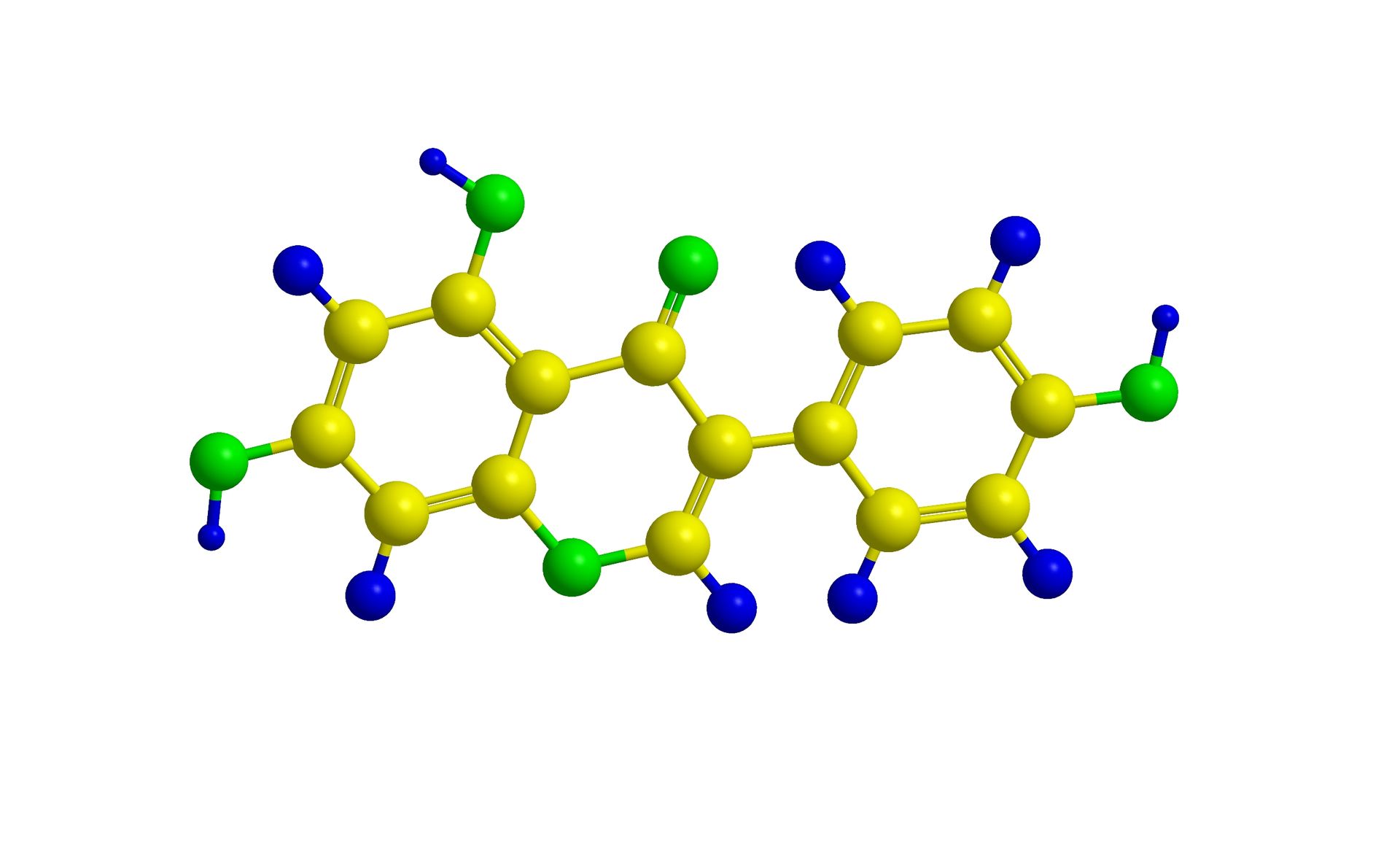
ISOFLAVONES
One isoflavone that gets a lot of attention, and rightfully so, is Genistein. It is a hormone-like substance that has been the subject of numerous studies. It has been studied for its ability to inhibit the initialization of cellular pathways that lead to cancer and stop Notch signaling, the Notch pathway is a regulator of natural immunity and inflammation. Genistein is a phytoestrogen and antioxidant. This powerhouse isoflavone is still being studied for the many anticancer, anti-inflammation, antioxidant and various other implications.
Researchers in Finland came to the conclusion that areas of Japan have lower rates of breast, ovarian, and prostate cancer due to the dietary absorption of genistein. Genistein is a weaker estrogen that binds itself on estrogen receptors in cancerous cells that need this hormone to grow. Genistein is also great at depriving cancer cells of tyrosine protein kinase, which is necessary for them to flourish, and disrupting enzymes that allow cancerous tumors development.
[Section References]
https://www.ncbi.nlm.nih.gov/pmc/articles/PMC2359677/
https://journals.sagepub.com/doi/pdf/10.1177/1534735419835310
https://www.ncbi.nlm.nih.gov/pmc/articles/PMC4791423/
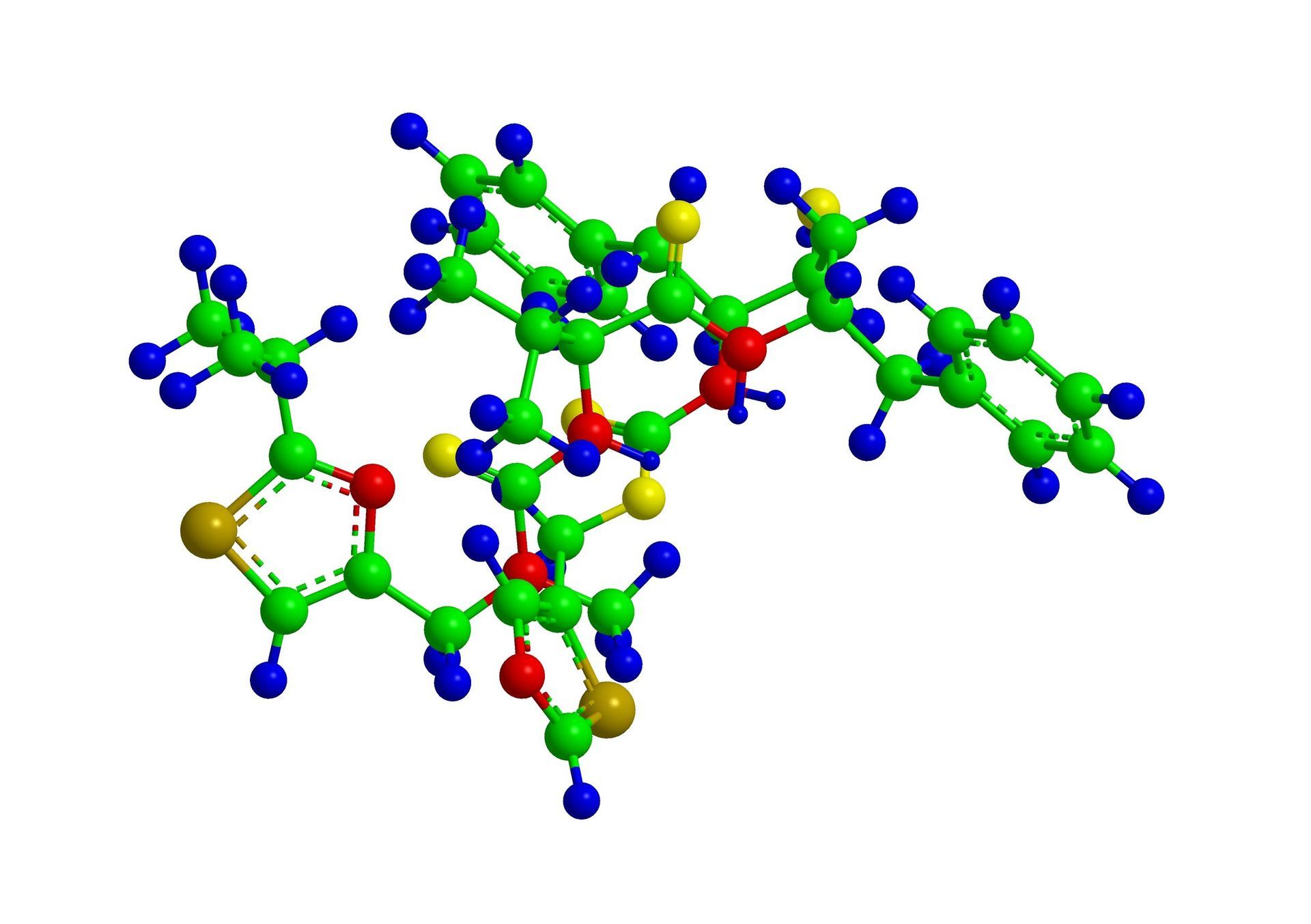
PROTEASE INHIBITORS
Protease inhibitors have been widely studied for their ability to combat cancer by preventing the synthesis of key proteins required for cancer cells spread. By destroying premalignant cells they block the initiation of the cancer process. One specific protease inhibitor that has been specifically studied for its implications with cancer is the Bowman-Birk inhibitor. In vitro and in vivo studies have shown that the Bowman-Birk inhibitor can exert a protective and/or suppressive effect on cancer development. It has also been studied for its anti-inflammatory effects and immune boosting properties while reducing auto-immune responses.
The Bowman-Birk inhibitor has shown some incredible results when tested against numerous human cancer cell lines and animal-based cancer models. All this and it does not interfere with function and replication of normal, healthy cells.
[Section References]
http://meschinohealth.com/nutritionmedicine/nutrition-natural-medicine-update-no-25/
https://www.ncbi.nlm.nih.gov/pmc/articles/PMC4130838/
https://www.ncbi.nlm.nih.gov/pmc/articles/PMC2723951/
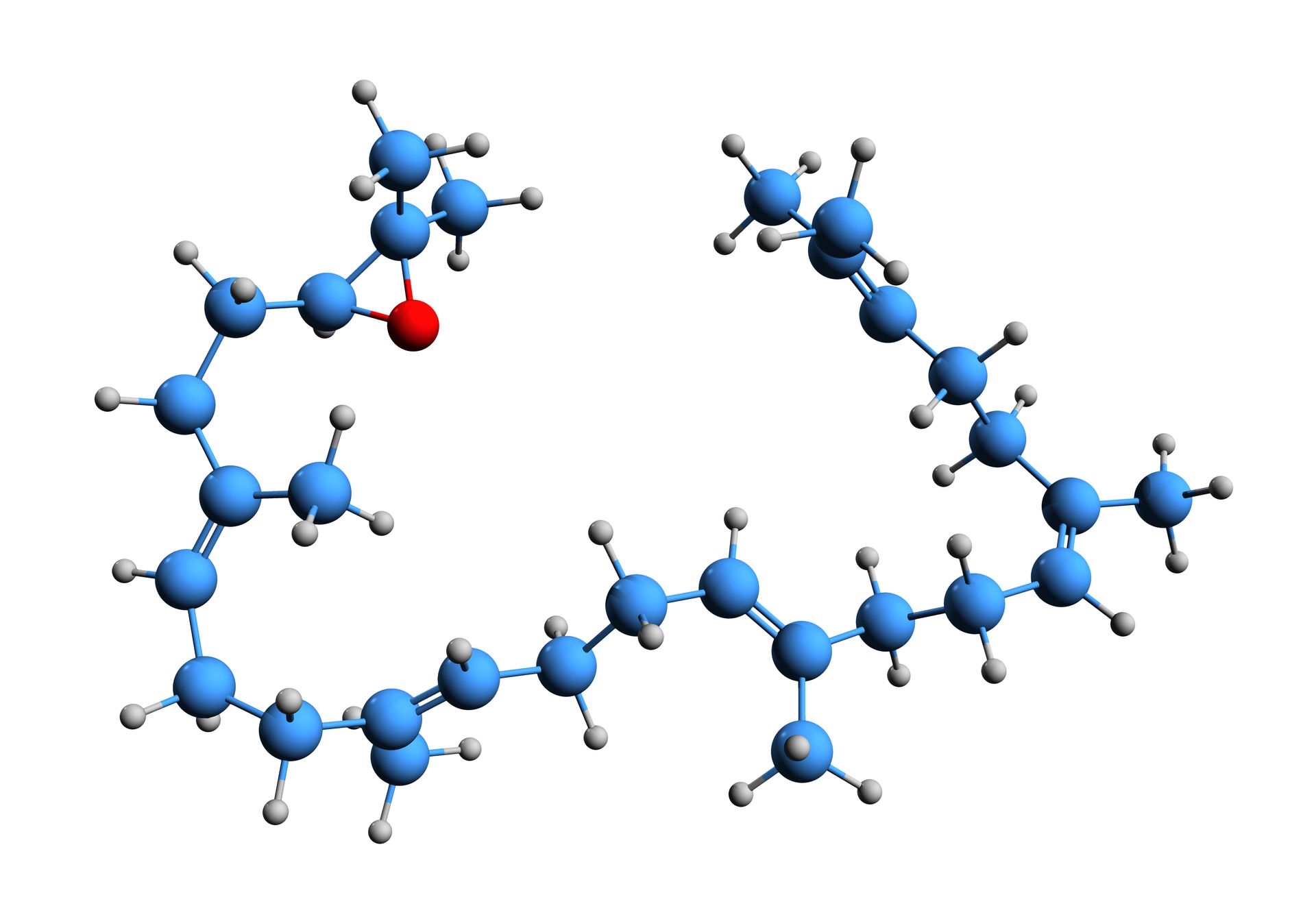
SAPONINS
Saponins are plant steroids that foam when mixed with water. This is where their name comes from. In Latin, the word “sapo,” means soap. But these little guys are much more than just the cleanup crew. They have been studied for their ability to induce cancer cell death, improve immune function, and fight free radical damage. Lab studies also show these compounds can destroy leukemia cells and keep them from potentially spreading throughout the body.
By affecting cell morphology, proliferation enzymes, and growth, saponins may also be effective in preventing colon cancer. There are also studies that show saponins can block certain signaling pathways in colon cancer cells. These pathways are crucial for the survival of the colon cancer cell. These implications also may apply to other types of cancer.
[Section References]
https://www.sciencedirect.com/science/article/pii/S0367326X10001346
https://academicjournals.org/article/article1416585618_Barbosa.pdf
https://www.ncbi.nlm.nih.gov/pubmed/25286183
https://www.ncbi.nlm.nih.gov/pmc/articles/PMC2904882/
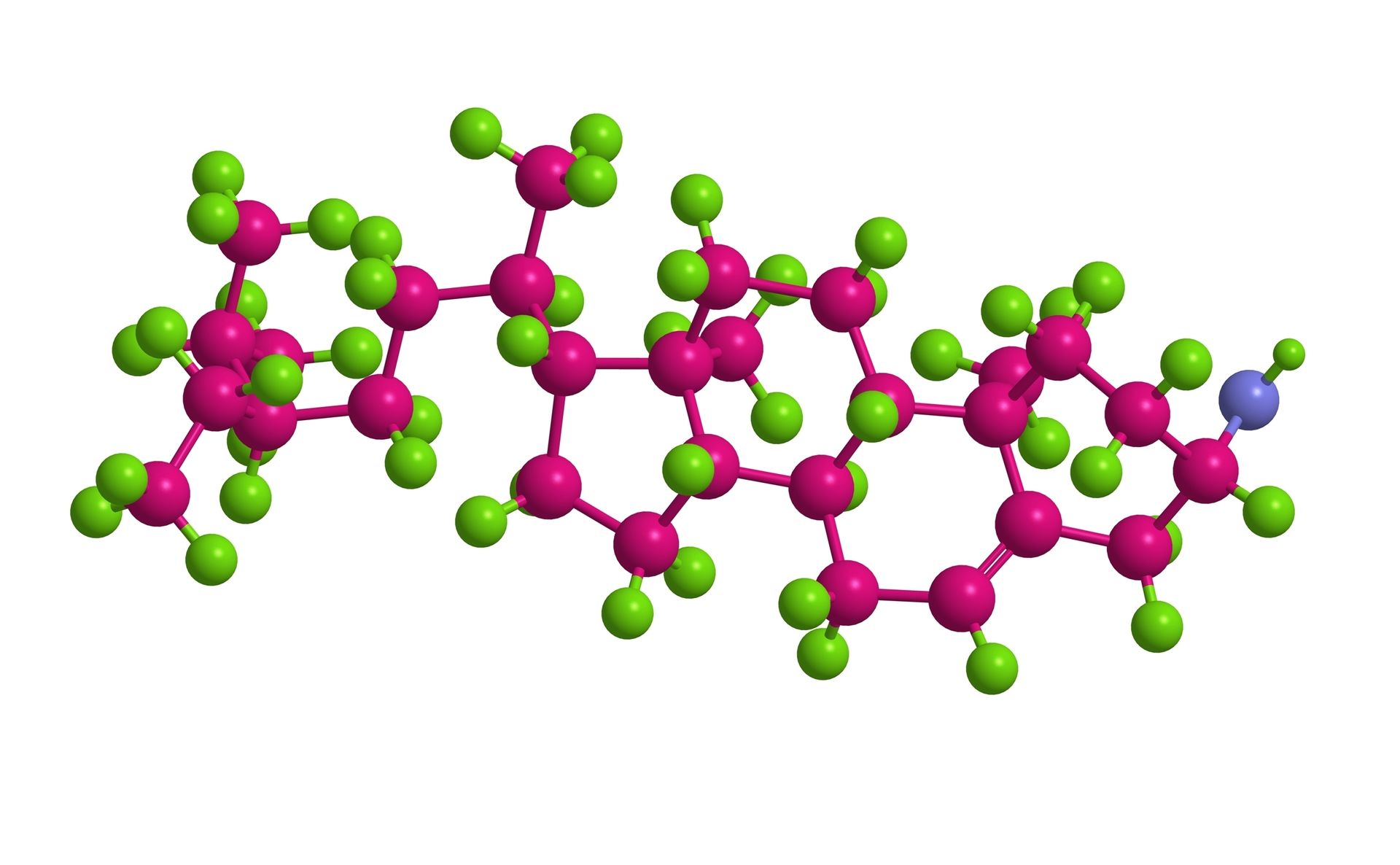
PHYTOSTEROLS
Plant sterols are compounds found in plants that are structurally related to cholesterol. Phytosterols have been studied for their well-known effects on cholesterol levels. There is increasing evidence that adding phytosterols into the diet can reduce the risk of cardiovascular disease. However, there is also research into the potential role it can play in mitigating cancer risk. Their cholesterol modulating actions may actually overlap with anti-cancer actions.
Researchers at the University of Manitoba in Canada have reported evidence that phytosterols can help prevent ovarian, breast, stomach, and lung cancer. One of the reasons this is believed to happen is due to the high antioxidant levels and their anti-inflammatory effects. This like the other compounds mentioned before will fight free radical damage that produces unhealthy cells. They also have been found to inhibit proliferation (multiplication of cells) and induce natural apoptosis (cell death). There is much to be learned about phytosterols and their role in the body.
[Section References]
https://www.ncbi.nlm.nih.gov/pmc/articles/PMC3635199/
https://lpi.oregonstate.edu/mic/dietary-factors/phytochemicals/phytosterols
https://www.livestrong.com/article/26224-benefits-phytosterols/
https://www.ncbi.nlm.nih.gov/pubmed/19491917
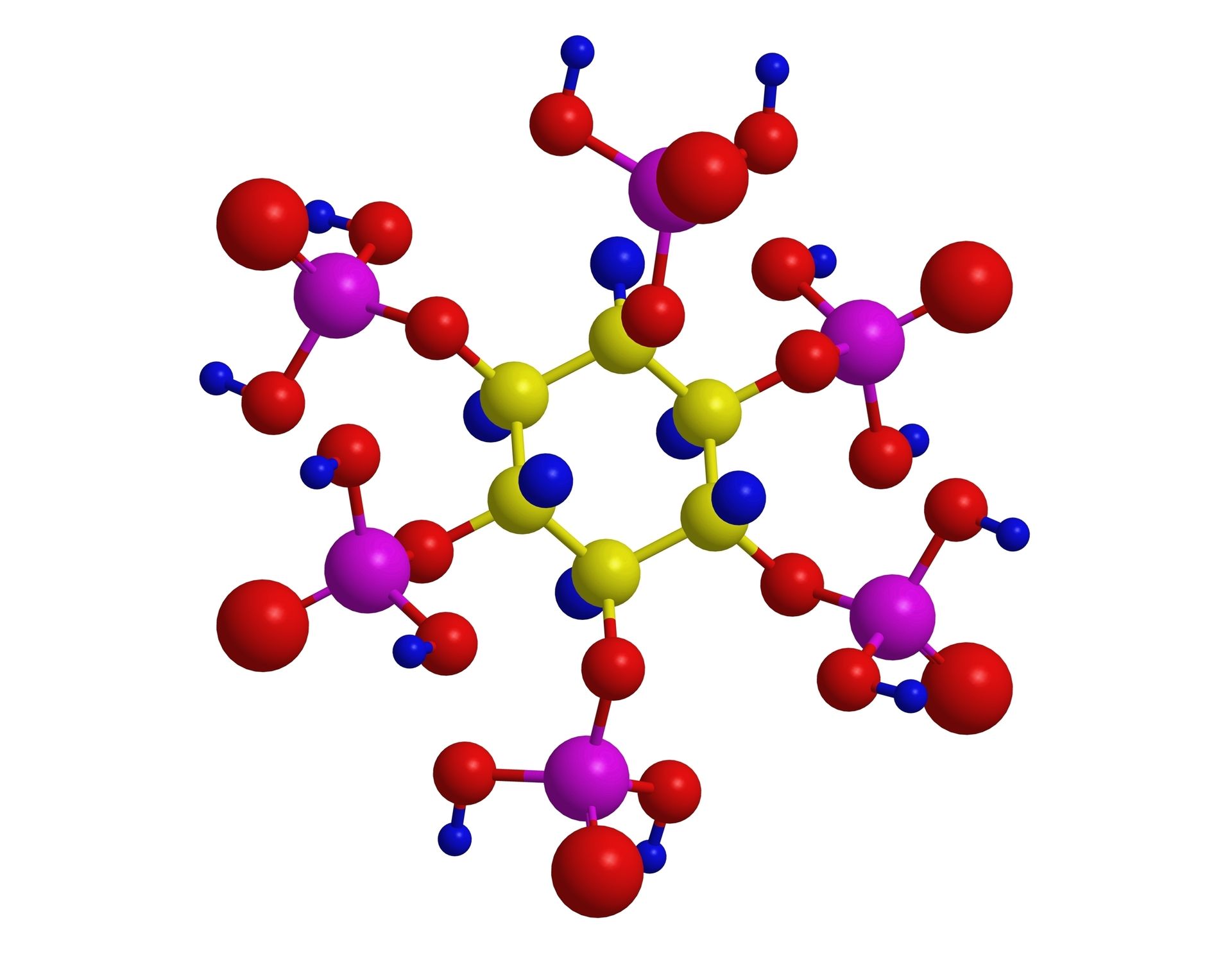
INOSITOL HEXAPHOSPHATE (IP6)
Inositol Hexaphosphate (IP6) also known as Phytic Acid or phytates. Aside from cancer prevention, dietary phytates been reported to help protect against diabetes mellitus, dental cavities, heart disease and prevent kidney stone formation. Phytates have shown a targeted approach in attacking cancer cells. In studies on colon cancer and leukemia, only the unhealthy cells were killed off and the normal healthy cells were left alone. Much like the other compounds in this list, a combination of antioxidant, anti-inflammatory, immune-boosting activities, detox, differentiation, and anti-angiogenesis are the methods of targeting cancer cells. These are all the principal pathways needed to fight cancer.
Phytates have the ability to act on immune function to augment NK (Natural Killer) cells to hunt and dispose of cancerous cells. One remarkable quality of phytates is their ability to make a cancer cell stop acting like a cancerous cell and return normal functioning cell. This is amazing. They have also been studied for their ability to reduce the side effects of chemotherapy.
Phytates have been looked at as an “anti-nutrient” in the past due to their ability to bind minerals in the digestive tract, making them less available to our bodies. However, these same properties are what help in the prevention of chronic disease. Phytic acid binds with various metals and suppresses damaging oxidation.
[Section References]
https://nutritionfacts.org/2015/05/26/how-phytates-fight-cancer-cells/
https://www.precisionnutrition.com/all-about-phytates-phytic-acid
https://www.ncbi.nlm.nih.gov/pubmed/8383315
